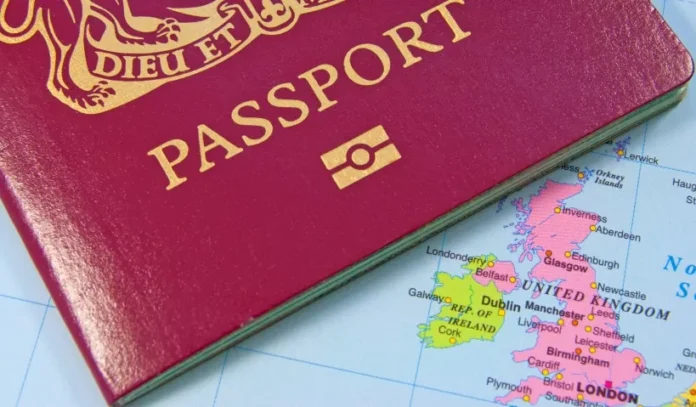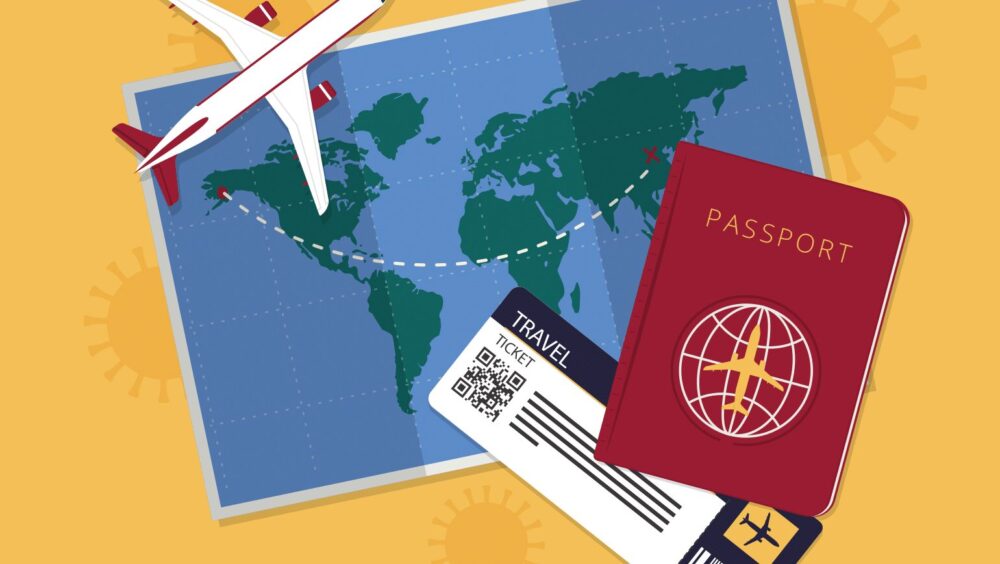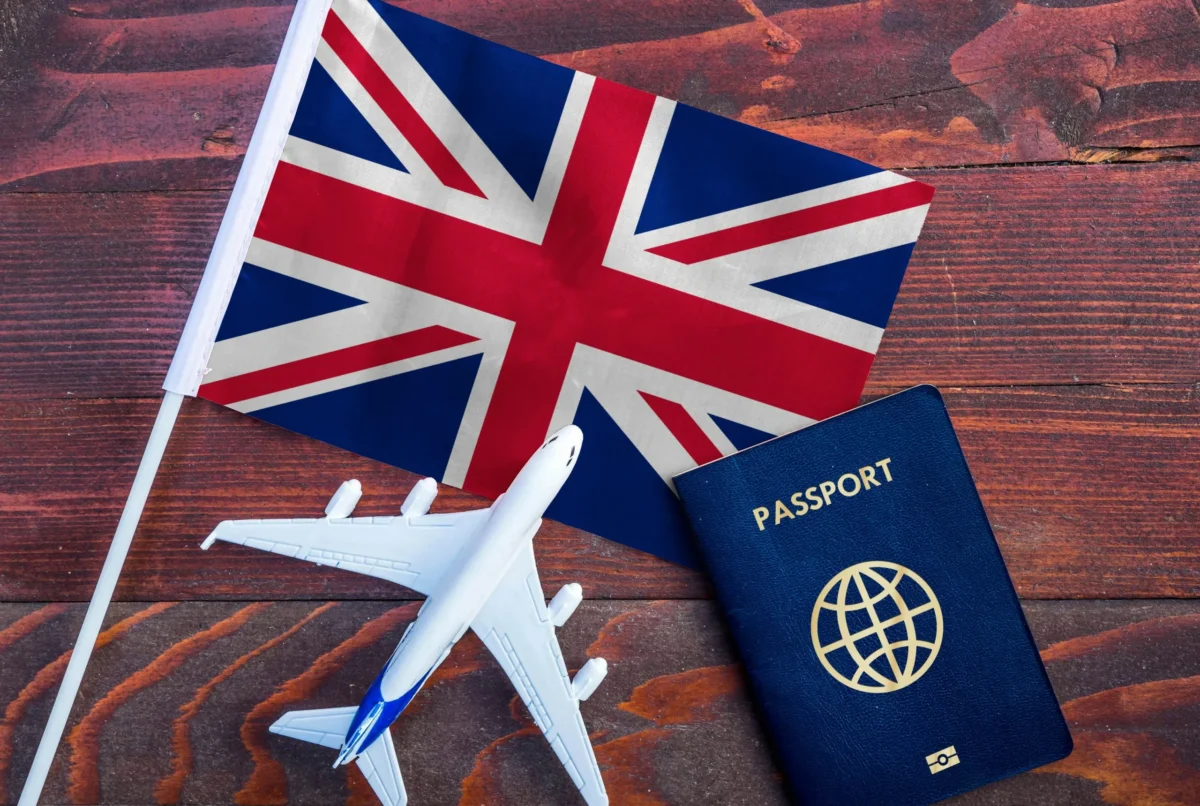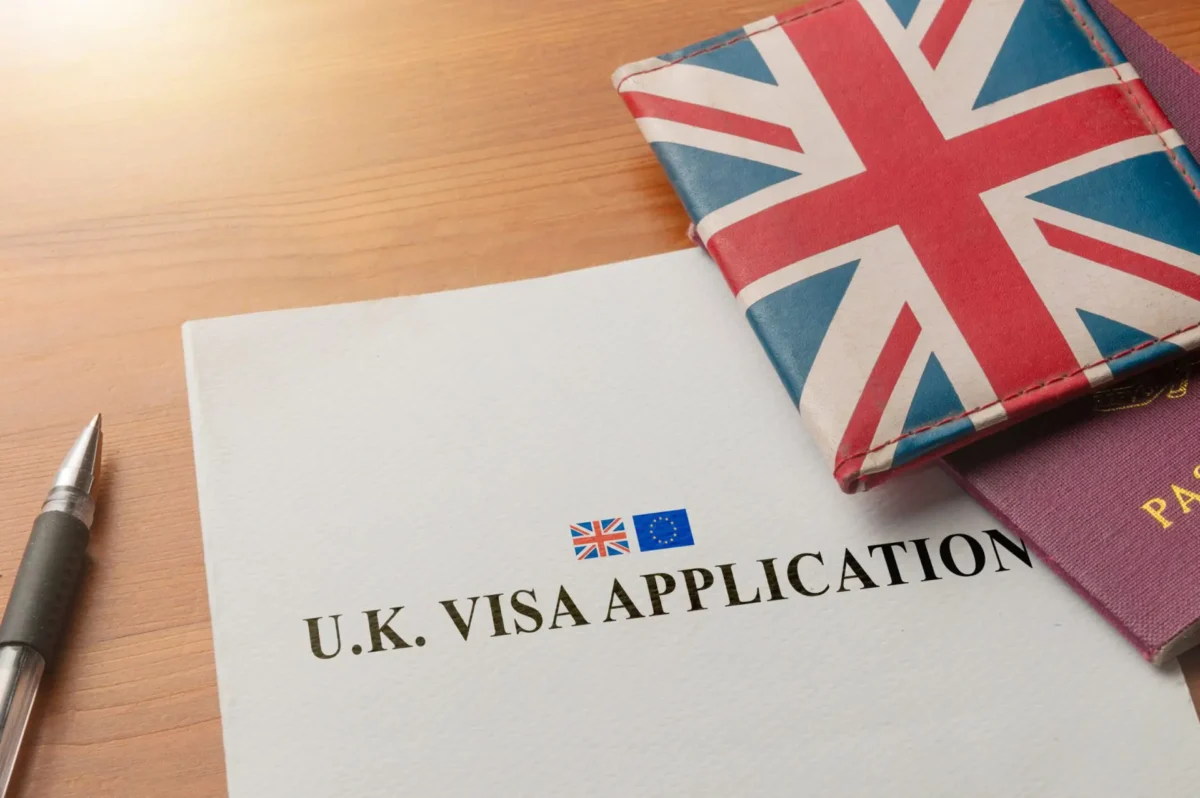
The United Kingdom has long been a destination of choice for people from around the world seeking new opportunities, a better quality of life, and a secure future. For those who have spent a significant amount of time in the UK, the prospect of settling down permanently becomes an attractive proposition. Indefinite Leave to Remain (ILR) is the immigration status that grants individuals the right to reside in the UK without any time restrictions. This comprehensive article is your guide to understanding the ILR process, including the application for Indefinite Leave to Remain in the UK.
Part 1: What Is ILR?
Indefinite Leave to Remain (ILR), often referred to as permanent residency or settlement, is a significant milestone in the UK’s immigration journey. ILR provides individuals with the right to live, work, and study in the UK without any time constraints. It signifies a level of commitment to the UK and demonstrates a long-term connection to the country.
Part 2: Eligibility for ILR

Eligibility for Indefinite Leave to Remain (ILR) in the United Kingdom is a nuanced process, with specific requirements that vary depending on the visa category or route through which an individual has entered the country. These routes are carefully designed to accommodate different circumstances and immigration goals, ensuring that those who meet the criteria can take steps toward achieving ILR. Below, we delve deeper into these common routes to ILR:
- Spouse Visa: If you have entered or remained in the UK as the spouse or partner of a British citizen or someone with ILR (Indefinite Leave to Remain), you may be eligible to apply for ILR after a specified period of residence. Typically, this duration is five years of continuous residence, which signifies your commitment to your relationship and life in the UK. It is a testament to your intent to build a life together and contribute positively to the nation.
- Tier 2 (General) Visa: For skilled workers who have been residing in the UK under a Tier 2 (General) Visa, ILR becomes an attainable goal after completing five years of continuous residence. This category represents the heart of the UK’s workforce, encompassing individuals who have contributed their expertise to various sectors, from healthcare and IT to engineering and education. By reaching this milestone, these skilled professionals demonstrate their sustained commitment to the UK’s economic development and social progress.
- Ancestry Visa: The Ancestry Visa provides a unique avenue to ILR for those who have a British ancestral connection. If you hold an Ancestry Visa and have resided in the UK for five years, you may be eligible to apply for ILR. This route celebrates the heritage and family ties that bind individuals to the UK, recognizing their historical roots and the potential they bring to the nation’s diverse landscape.
Part 3: Continuous Residence
One of the critical factors in an ILR application is demonstrating continuous residence. This means that you have been living in the UK without long breaks. Any prolonged absence may affect your eligibility for ILR. It is essential to maintain records of your time in the UK, including travel dates and visa renewals.
Part 4: English Language and Life in the UK Test
Applicants for ILR may be required to demonstrate their knowledge of the English language and pass the “Life in the UK” test, which assesses their understanding of British customs, culture, and history.
Part 5: Application Process

Application for Indefinite Leave to Remain in UK involves submitting an application, attending a biometric appointment, and potentially attending an interview. It’s important to gather all necessary documents, including evidence of continuous residence, English language proficiency, and the Life in the UK test certificate. The application fee and processing times may vary.
Part 6: ILR Benefits
Obtaining Indefinite Leave to Remain (ILR) in the United Kingdom is a pivotal accomplishment that bestows a multitude of advantages upon individuals, profoundly altering the course of their lives and their connection to the nation. These benefits extend far beyond the mere alleviation of visa restrictions, encompassing a spectrum of privileges that enhance an individual’s quality of life and opportunities for the future.
- No Visa Restrictions: One of the most immediate and liberating benefits of ILR is the freedom it affords from visa restrictions. ILR holders can truly savor the sweet taste of unrestricted living in the UK. They are not bound by the time constraints that often accompany visas, granting them the liberty to live, work, study, and explore their dreams without the looming specter of impending visa renewals. This newfound flexibility allows individuals to plan their lives with a profound sense of security and stability.
- Access to Public Services: ILR brings with it access to the UK’s comprehensive public services, with the crown jewel being the National Health Service (NHS). ILR holders have the peace of mind of knowing that they can access healthcare services without the need for private health insurance. This ensures that individuals and their families are well-cared for and can enjoy the benefits of a public healthcare system renowned for its quality and accessibility. Beyond healthcare, ILR facilitates access to a wide array of other public services, from education to social welfare, further contributing to a high quality of life.
- Path to British Citizenship: ILR is often viewed as a stepping stone toward a more profound connection with the UK – British citizenship. After holding ILR for a specific duration, typically five years, individuals become eligible to apply for British citizenship. This transition marks a profound transformation in one’s legal status and identity, aligning them with the core values and principles that underpin the UK. British citizenship not only opens doors to participation in the democratic process but also carries with it the privilege of bearing the British passport, a document that facilitates travel and opens doors to numerous countries.
- Right to Travel: ILR holders enjoy the privilege of travel without the need for a visa. They can freely enter and exit the UK, experiencing the joys of seamless travel and exploring the world beyond the country’s borders. This right to travel unleashes a world of possibilities, whether for leisure, business, or personal growth. It eliminates the complexities and uncertainties often associated with visa applications and visa-related travel challenges.

Part 7: Renewal and Citizenship
ILR is typically granted for an initial period, often five years, with the option to renew. After living in the UK for a certain number of years with ILR, you may be eligible to apply for British citizenship, marking the culmination of your journey towards becoming a British national.
Indefinite Leave to Remain (ILR) in the UK represents the fulfillment of a long-term commitment to the country and the attainment of stability and security. The application process, eligibility criteria, and benefits of ILR all contribute to making it a significant milestone for those who aspire to call the UK their permanent home. Understanding the requirements and following the prescribed steps is crucial for a successful ILR application, ultimately opening the doors to a future full of opportunities and the possibility of British citizenship.








